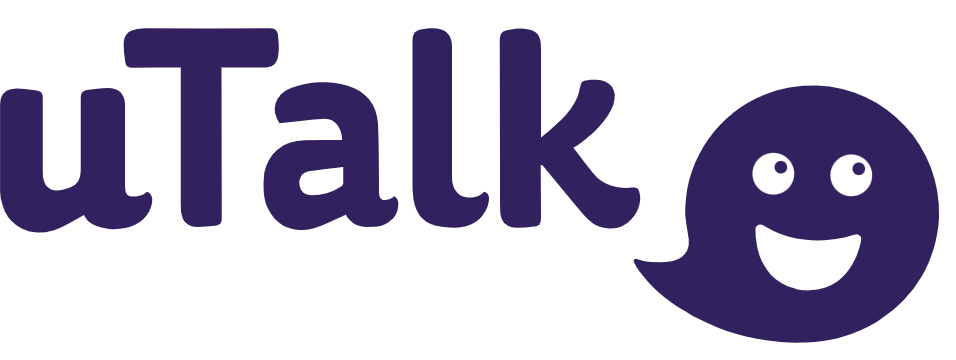Do you want learning Yoruba? If you’re planning a trip to Nigeria, need to connect with your roots, or simply love the noise of the language, this information will give you all the information you need to get started. From your basics from the language to practical information on further learning, we have your back.

What’s Yoruba?
Yoruba is a language spoken by over 20 million people, primarily in Nigeria and Benin. It’s a tonal language, which means that the meaning of the word can alter with regards to the tone employed to say it. Yoruba can be another language having a rich cultural heritage, having a long reputation poetry, music, and storytelling.
Why Learn Yoruba?
There are many reasons to find out Yoruba. First, it does not take native language with the Yoruba people, who make-up a good portion of the population in Nigeria. Learning Yoruba can help you connect with this vibrant culture and acquire a deeper comprehension of its traditions and values. Additionally, Yoruba can be a language which is growing in popularity and importance, in both Nigeria and round the world.
Starting out
Should you be wondering Yoruba, the first step is to understand the fundamentals in the language. This consists of understanding the Yoruba alphabet, featuring its 25 letters, and learning the tone system. You’ll want to start building your vocabulary, you start with common content like greetings, introductions, and questions.
Learning Resources
There are many resources available for learning Yoruba, both offline and online. Some popular options include learning apps like Duolingo and Babbel, that provide Yoruba courses of instruction for beginners. Additionally, there are numerous websites and YouTube channels focused on teaching Yoruba, and also books and language courses available to buy.
Tips for Learning Yoruba
Learning a brand new language can be challenging, but there are numerous how-to’s which will help make the process easier. Here are a couple strategies for learning Yoruba specifically:
Practice regularly: Consistent practice is vital to mastering any language, so make an effort to put aside time on a daily basis to rehearse your Yoruba skills.
Immerse yourself in the language: Greater it is possible to have Yoruba, the higher. This may include hearing Yoruba music, watching Yoruba movies, or conversing with native speakers.
Look for a language exchange partner: Connecting which has a native Yoruba speaker that is also learning your language is usually a fantastic way to practice speaking and acquire feedback on your own skills.
Do not be afraid to produce mistakes: Making mistakes is often a natural part of the learning process, so never allow fear hold you away from practicing and giving you better skills.
Common Phrases and Vocabulary
To help you get began with Yoruba, below are a few common phrases and vocabulary words:
E kaaro (Hi)
E kasan (Good afternoon)
E kaale (Good evening)
Bawo ni? (How are things?)
Mo wa dupe (I’m fine, many thanks)
Ejo (Please)
Ojo meta (72 hours)
Oko (Husband)
Iyawo (Wife)
Aburo (Younger sibling)
Conclusion
Learning Yoruba can be a rewarding and enriching experience, if you’re interested in connecting with your cultural heritage, exploring a brand new language and culture, or perhaps expanding your linguistic skills.
For more info about learn yoruba you can check our new web portal: check
